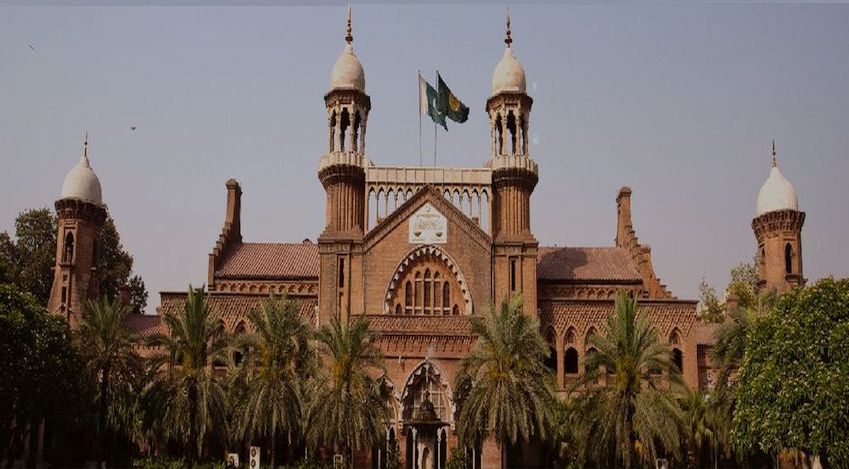The Accused Persons have the right to access Digital Evidence, such as video recordings, to prepare their defense in Narcotics Cases --- Lahore High Court, Lahore
Islamabad 01-11-2024: In a recent judgment, the Lahore High Court upheld the rights of an accused individual in a narcotics case, ruling that digital evidence, such as video recordings stored on USB devices, must be provided to the defense. This landmark decision, arising from [Crl. Appeal No. 51928/2024], emphasizes the legal right to a fair trial by ensuring access to all relevant evidence, including digital media, for individuals facing criminal charges.
The appeal was filed by Muhammad Iqbal Nasir, who challenged an order from the Additional Sessions Judge denying him a copy of a USB that reportedly contained video footage of his arrest and the raid leading to his detainment. The case stemmed from [FIR No. 503/2024], registered under Section 9(1)3(d) of the Control of Narcotic Substances Act, 1997.
The Court’s judgment reiterated that video footage and other digital recordings are legitimate forms of “documentary evidence” as per Section 29 of the Pakistan Penal Code (PPC) and Article 2(1)(b) of the Qanun-e-Shahadat Order, 1984. It further underscored that under Section 265-C of the Cr.P.C., accused individuals must receive all relevant documents to effectively prepare their defense. The Court called for a “liberal and broad interpretation” of Section 265-C, particularly when digital evidence is involved, to support the accused’s constitutional right to a fair trial under Article 10-A of the Constitution.
The judgment also referenced a recent precedent, Zahid Sarfaraz Gill Vs. The State (2024 SCMR 934), where the Supreme Court urged law enforcement agencies, including the Anti-Narcotics Force (ANF), to utilize digital recordings in narcotics investigations to strengthen the reliability of evidence. The Lahore High Court echoed this stance, advising law enforcement to ensure that such digital evidence is preserved and shared with defendants as part of the judicial process.
With this decision, the Lahore High Court directed law enforcement officials, including the Inspector General of Police, Punjab, and the Director General of the ANF, to make digital evidence accessible to the accused. The Court underscored that this access is vital to uphold the principles of justice, particularly in cases involving serious criminal charges.
This ruling not only clarifies the treatment of digital evidence within Pakistan’s legal framework but also sets a significant precedent for the rights of accused individuals in criminal cases, affirming the importance of transparency and fairness in legal proceedings.
Powered by Froala Editor








